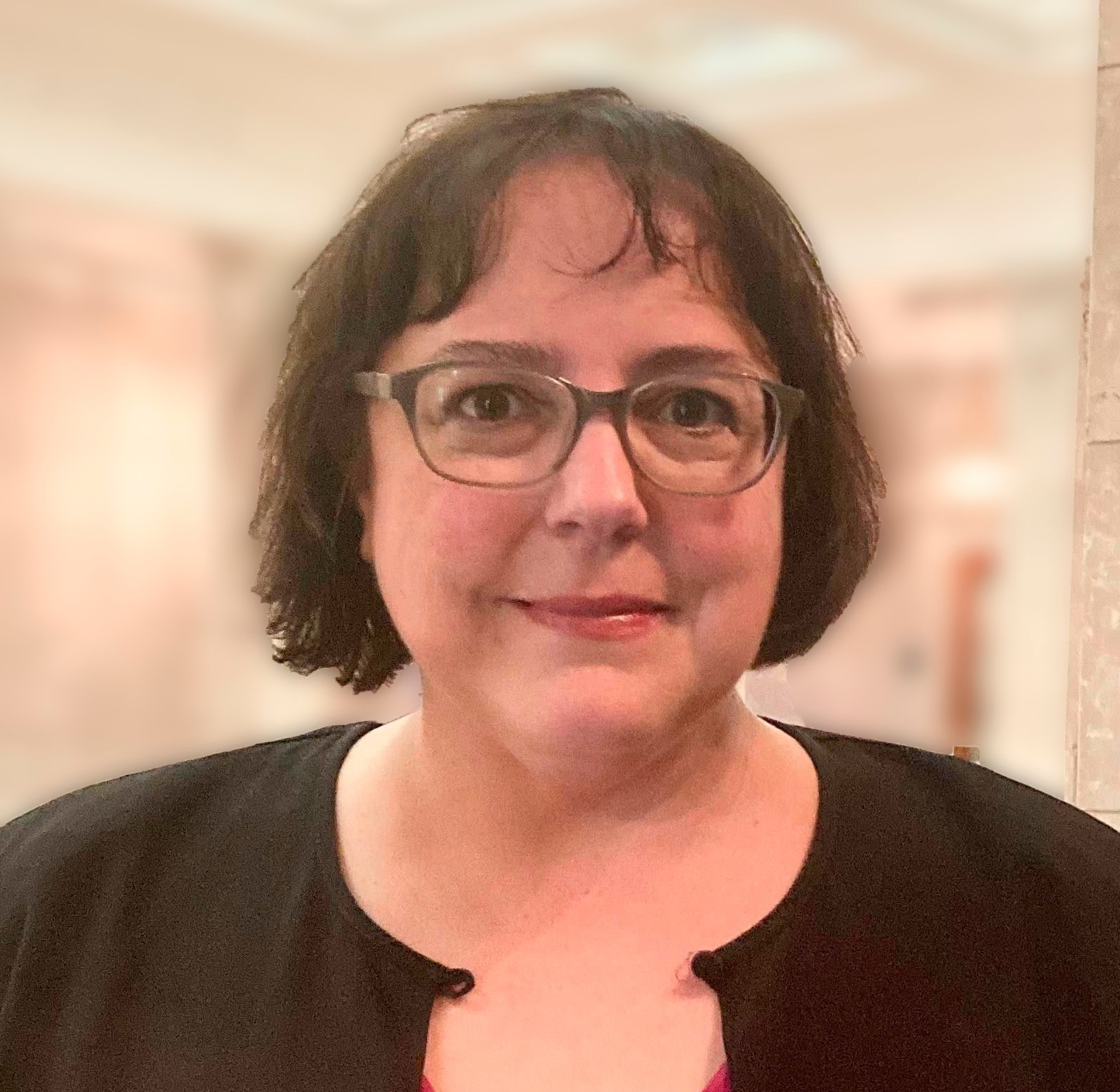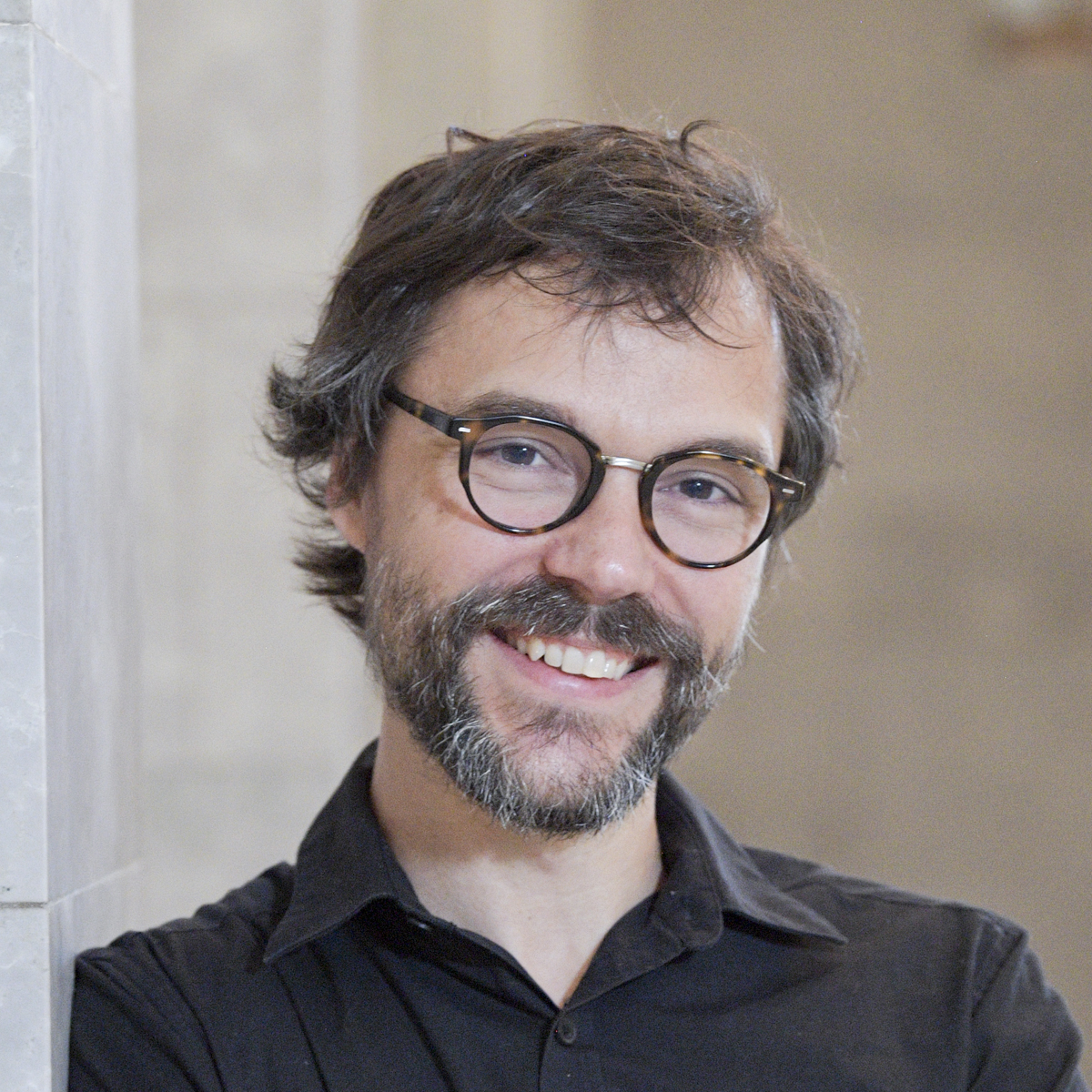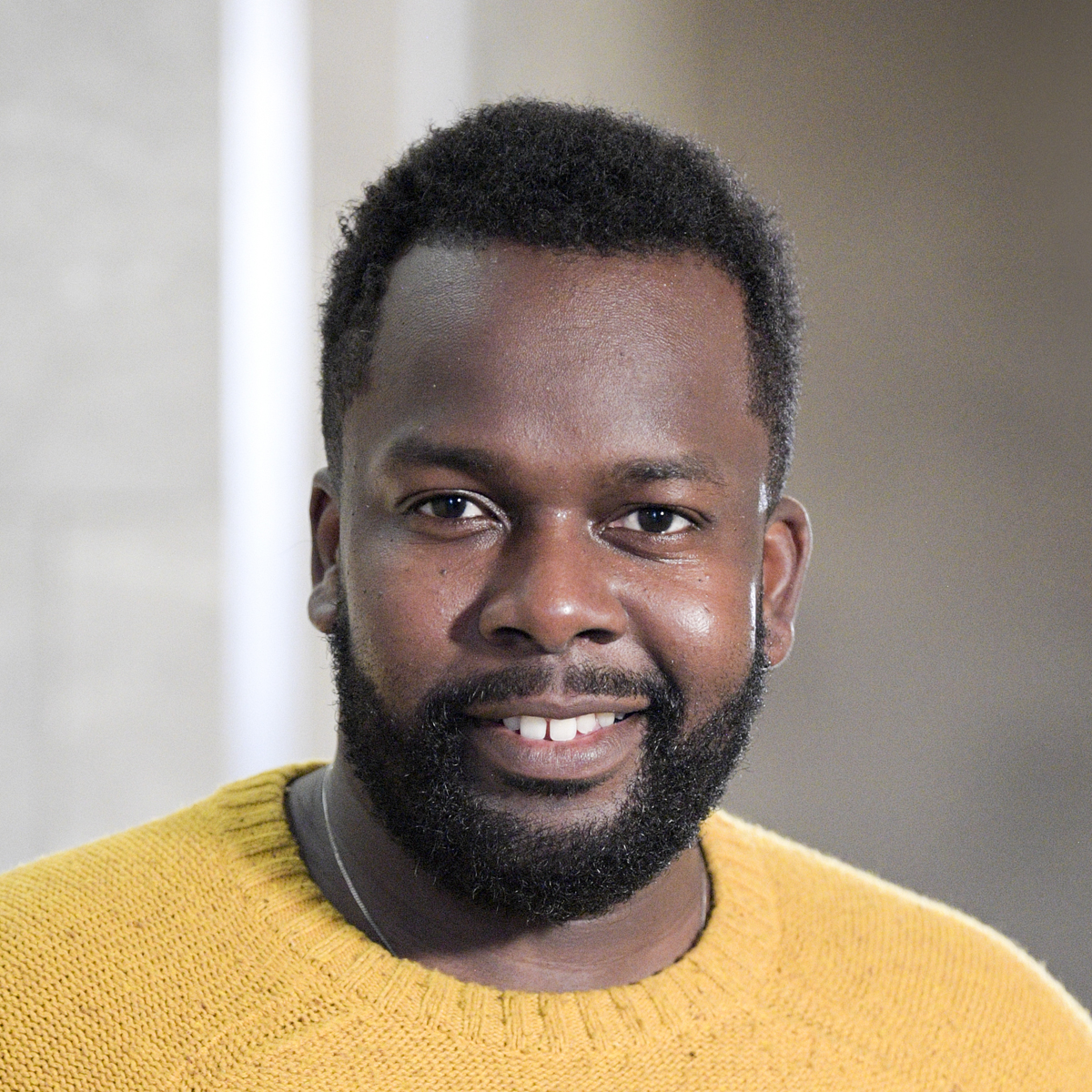August 28 2024
Project Funding for organizations
To provide financial support for one-off projects that contribute to the development of an organization's artistic activities, in all artistic fields and at all stages.
Project Funding for organizations
NEW - ORORA Self-Identification Form
From now on, you will be asked to complete an optional self-identification form when you apply on Orora. The information collected will be used to document and measure the impact of the Conseil’s initiatives, improve program eligibility, ensure fair access, help us better host and support artists from underrepresented groups, following the adoption of our equity policy in September 2023.
Personal information collected through this form is protected under privacy legislation (Law 25).
Important note
For this program, three calls for applications are scheduled each year. Deadlines: November 23, 2023, on March 20, 2024 and August 28, 2024.
You can register for the information session for the August 28, 2024 deadline by clicking on the link below. The call for applications for this deadline opens on June 20, 2024.
Introduction
The Conseil is aware of the limited resources available, whether material, human or financial. In addition, the Conseil would like to emphasize that peer evaluators examine the extent to which the organization’s planned activities are in line with its capabilities and resources. This approach aims to promote sustainable, equitable and safe working conditions for all staff, artists, volunteers and affected communities. This evaluation takes into account the relevance and impact of actions, which take precedence over the number of activities conducted. Finally, the Conseil also recognizes the positive effects of initiatives to pool and share tools, practices or resources implemented by the artistic community
Who is eligible to apply?
Incorporated non-profit organizations or artist cooperatives that pay no dividends.
What are the program objectives?
This program supports the research, creation, production and dissemination of art and the implementation of professional artistic activities and/or services that improve the working conditions of artists. It aims to encourage the advancement of artistic practices, risk-taking and the dissemination of art in all its forms to various audiences.
It also aims to strengthen and stabilize organizations, helping them develop support and mutual assistance networks.
IMPORTANT : The project must not be completed before October 29, 2024. The Conseil does not fund activities that took place before the end of the evaluation process.
Support
What type of assistance is provided?
Assistance is provided for a specific artistic project related to the organization or cooperative’s mandate.
What is the duration of the support?
This is a one-time, non-recurring grant The project must be completed on the dates set out in the application.
Can the project be entirely funded by the Conseil?
No. Funding cannot exceed 75% of the overall budget.
To find out how much is typically granted, please see the list of previously awarded grants.
Eligibility
What types of projects are eligible?
- Research and/or creation/production
- Specialized or multidisciplinary dissemination
- Publication of cultural magazines
- Production of an event or festival
- A museum
- Service organization, association or alliance
For organizations with a double mandate:
- creation/production and dissemination
- creation/production and festivals/events
- dissemination and festivals/events
- dissemination and production support (visual arts, digital arts, film/video)
An organization whose double mandate is not included in the above list is invited to contact the advisor in charge of their sector.
What are the general eligibility conditions?
Status and conditions
- Be a non-profit organization or a cooperative that pays no dividends
- Be headquartered on the Island of Montréal
- Have a board of directors whose members are mainly Canadian citizens or permanent residents of Canada
- Have a main mandate to carry out research, creative, production and dissemination activities in the arts or have a mandate to bring together and represent artists and/or cultural workers in a discipline or multidisciplinary sector
Professionalism
- Possess a level of recognized and demonstrable competence
- Be managed by qualified individuals
- Have stable artistic and/or general leadership (according to the organization’s business model)
- Have presented activities of a recognized artistic quality
- Bring together, represent or employ professional artists and/or cultural workers
What types of projects are eligible?
Projects must align with the organization’s mandate.
Creation and production of a performance, experimentation and research on the components of a production, implementation of a season’s programs, creation of a festival, presentation of an exhibition, implementation of activities to support the development of the discipline, dissemination in public spaces, research-creation in visual and digital arts, collaboration between curators and artists, etc.
When must the project be carried out?
The project may begin before the application is submitted but must not be completed before receiving a decision from the Conseil. Timelines must be met.
In the event that the funded project cannot be carried out in the planned financial year, the organization must notify the Conseil as soon as possible.
How many applications will be approved?
The number of applications accepted by the Conseil varies on the number of applications received, the evaluation of artistic impact, the relevance of the project and the Conseil’s financial capabilities.
What projects, applicants, activity sectors or applications are ineligible?
Applicants
- Organizations that do not meet the general eligibility requirements
- Organizations incorporated as general or limited partnerships
- Organizations that have already submitted an application during the financial year (the first submission of the year being that of end of November)
- Organizations that receive operations support from the Conseil’s General Funding Program
- Individual artists
- Artists’ collectives
- Cultural magazines with less than one year of publication activity to their credit, or that produce fewer than two issues a year, or that distribute free of charge (in the case of a periodical published exclusively on the Web, the periodical must publish a number of texts equivalent to two issues per year and its distribution may be free of charge)
- Public or para-public organizations representing governments or municipal corporations
- Organizations dedicated to teaching, education, and professional training
- In specific cases, a broadcasting organization that receives support or a mandate from the City of Montreal for its broadcasting activities.
Projects
- Projects completed before receiving the Conseil’s decision (approximately eight to ten weeks following the application deadline)
- Sound recording projects (albums, CDs, demos, etc.) of a promotional and/or commercial nature
- Projects whose main focus is cultural mediation
- Projects specifically related to film or web film production (including the screenwriting and post-production)
- Projects that are essentially promotional and/or commercial, including video clips
- Projects intended primarily for training, internships or masterclasses
- National or international showcase or prospection projects
- Capital projects or projects to acquire specialized equipment
- Projects related to activities of a trade union character
Activity sectors
- Organizations working exclusively in variety arts and/or comedy
- Organizations or cooperatives working exclusively in cultural mediation
Applications
- Incomplete applications
- Applications received after the deadline
Ineligible applications will not be considered by the evaluation committee.
Accessibility
Can specific populations receive additional financial support to submit their application or complete their project (accessibility costs)?
Yes. Accessibility costs refer to costs that certain individuals, particularly those who are D/deaf and/or living with a disability, must pay to take advantage, in the same way as others do, of the services and programs offered by an institution for research, to create, produce or disseminate their art. Reimbursement of part of these costs by the Conseil des arts de Montréal may offset the financial disadvantage.
The Support Fund for Accessibility Costs is a financial assistance measure that complements the Conseil’s other programs. The deadline to apply for support for accessibility costs is the same as that for the program being applied to.
Artists, collectives or organizations that have obtained financial assistance from the Conseil to carry out a project can also file an application for accessibility cost support up to three months after the decisions related to the successful project have been sent out, provided the project is not completed before the deadline to send out decisions for accessibility cost support applications.
Support is divided into three components:
- component 1 – Financial support to submit a grant application or to apply for one of the Conseil’s initiatives
- component 2 – Financial support for accessibility costs for a project funded by the Conseil
- component 3 – Financial support for presenter organizations for accessibility costs to welcome audiences for a project funded by the Conseil
For more details, please see this additional information on the Support Fund.
Need help?
For all meetings and requests for support, a customizable accessibility quotation is available to D/deaf people and people with disabilities.
Applications
Can I submit more than one application in the same year?
An organization may only submit only one application for project assistance per financial year of the Conseil.
Three calls for applications are planned each year for this program. The first submission is usually scheduled for end of November, the second for March and the third for end of August.
Can I apply for various phases of a single project spanning more than a year?
Eligible clienteles can apply for grants for different phases of the same project. For example, a grant application may be submitted for a first phase of research and creation, and then, the following year, for a second phase of research and creation, or for the production and dissemination of the work. It can also be possible to deposit a grant application for all stages.
Who should submit the application?
The organization or cooperative’s designated representative (administration, management) or the person appointed by the Board of Directors.
What information and documents must I include in my application?
In addition to the form available on the ORORA platform, the detailed project description and the budget, the documents to include are:
- financial statements for the most recently completed fiscal year, signed by two members of the Board of Directors
- the organization’s letters patent, including all pages of the document
- the organization’s bylaws and regulations
- organizational policies, standards or other regulations, if applicable
- self-identification form for the organization.
And also, directly in the form :
- a list of hyperlinks presenting excerpts or full texts (depending on the discipline) of works or activities related to the application. Limit of four links.
- a supplementary appendix, if desired, grouping together in a single PDF file all the documents you deem relevant, avoiding the inclusion of information essential to the proper understanding of the request.
Please note! The organization must ensure that it has a complete and up-to-date profile on ORORA before submitting its application.
Important: Please note that if you have not completed your application, the draft will be deleted 4 weeks after the deadline. Therefore, you will not be able to reuse it for a future application. If necessary, we suggest you create a PDF and download it for your records.
How can I submit an application?
Most of the applications to the Conseil des Arts de Montréal will progressively be submitted through the ORORA online application portal.
Evaluation
How are applications evaluated?
The Conseil, with the help of peer evaluation committees in each discipline, assesses all applications on the basis of merit and awards grants according to available budgets.
What are the evaluation criteria?
There are two categories:
- evaluation based on the organization’s mandate
- evaluation based on the Conseil’s strategic impact priorities
Why are there criteria based on the mandate?
The organizations first undergo mandate-based evaluations by the sector or discipline evaluation committees, according to the specific nature of their mandate and the weighting system used.
How are research, creation-production mandates evaluated?
Artistic merit 60%
- The project’s artistic merit and quality
- Consistency of the project with the organization’s mandate and artistic orientations
- Artistic quality and originality of past projects
Contribution to the development of its community and public outreach 20%
- Effectiveness of audience outreach strategies
- Contribution and impact of the project on the development of its community and its practices (artists, audiences, partners)
- Significant presentation and touring of works on a local, national and/or international scale
Management and administration 20%
- Feasibility of the project and realistic budget forecasts
- Ability to effectively manage activities and complete projects
- A stable and balanced financial situation
- Organizational health and good governance
- Diversity of partnerships and revenue sources
How are the mandates of professional associations, alliances and service organizations evaluated?
Mission and fulfillment of the mandate 40%
- Quality and consistency of activities or services with the organization’s mandate and orientations
- Membership and/or specific clientele served
- Representativeness of the membership
Contribution to the development of the discipline and the arts community 40%
- Contribution and impact of the organization on the development of its community and its practices
- Ability to provide support or services tailored to the needs of the communities served
- Efforts made to improve the working conditions and/or the socio-economic conditions of artists in the discipline or sector concerned
- Ability to engage its members, work in consultation with the communities and create meaningful partnerships
Management and administration 20%
- Feasibility of the project and realistic budget forecasts
- Ability to effectively manage its activities and complete its projects
- Evidence that the organization’s financial position is stable and balanced
- Organizational health and good governance
- Diversity of partnerships and revenue sources
How are the mandates of publishers of cultural magazines evaluated?
Artistic merit 65%
- Quality of the editorial content and consistency with its artistic orientations
- Relevance and quality of selected writers, artists and collaborators
- Consistency and quality of the visual presentation
Magazine’s reach 20%
- Contribution and impact of the magazine on the development of its community and its practices
- Contribution of the magazine to the development of audiences regarding the practices of its discipline
- Quality and effectiveness of strategies implemented to reach readers, as well as retain, develop and renew them
Management and administration 15%
- Feasibility of the project and realistic budget forecasts
- Ability to effectively manage its activities and complete its projects
- Evidence that the organization’s financial position is stable and balanced
- Organizational health and good governance
- Diversity of partnerships and revenue sources
How are the mandates of festivals, events and specialized and multidisciplinary presenters evaluated?
Quality and impact on artistic development 60%
- Presence of a strong and unique artistic direction
- Clarity and relevance of the organization’s mandate, artistic orientations and positioning in its community
- Quality, interest and consistency of programming in relation to the organization’s mandate, artistic orientations and resources
- Quality of the artist or organization’s reception and the support offered to them and efforts made to pay show purchasing fees
- Efforts made to open a dialogue and meet with different disciplines (multidisciplinary organizations only)
Contribution to the development of its community and public outreach 20%
- Organization’s contribution and impact on the development of its community
- Audience outreach strategies
- The organization’s ability to reach audiences, as well as retain, develop and renew them
- Significant impact of communication, marketing, promotion and advertising activities.
Management and administration 20%
- Feasibility of the project and realistic budget forecasts
- Ability to effectively manage its activities and complete its projects
- Evidence that the organization’s financial position is stable and balanced
- Organizational health and good governance
- Diversity of partnerships and revenue sources
Why are there criteria based on strategic impact priorities?
These criteria are based on priorities identified by the arts communities consulted in the development of the Conseil des arts de Montréal’s 2022–2025 Strategic Plan, as well as on key factors contributing to the vitality of the arts community. These criteria supplement the other evaluation criteria specific to the various mandates. The Conseil seeks to recognize and enhance support for organizations that align most closely with its strategic priorities, particularly regarding strategic impact. Artists, collectives or organizations can identify in various ways with one or more of the strategic orientations targeted by this bonus, taking into account their practices, missions or mandates, the nature of their activities, their history or any other specific element.
Impact is divided into three categories: equity and representation, local outreach, and eco-responsibility.
How is the strategic direction of equity and representation evaluated?
- Significant involvement of historically underrepresented artists and cultural workers in key artistic and administrative positions
- Significant involvement of women in key artistic and administrative positions
- Emphasis on historically underrepresented arts practices
- Development of equitable and inclusive practices for audiences
- Focus on intergenerational connections and the transmission of knowledge
How are the criteria based on local outreach evaluated?
Emphasis on local initiatives
- Desire to get involved locally in Montréal artistic communities
- Fruitful collaboration with key local players in various sectors including cultural and/or community, municipal, health, education and social economy
- Enhancement of the local cultural offering in the neighbourhoods and/or boroughs and/or municipalities of the Island of Montréal
- Establishment of strong and lasting links with the populations of the neighbourhoods and/or districts and/or municipalities of the Island of Montréal
How is the strategic direction of eco-responsibility evaluated?
Eco-responsible transition
- Integration and implementation of environmentally responsible practices
- Development of practices for pooling and sharing tools, resources and knowledge
Bonus based on strategic impact priorities
The score obtained in the evaluation based on the Conseil’s strategic impact priorities is added to the peer committee’s mandate-based score. Totalling six points, the bonus is broken down as follows:
- equity and representation maximum 3 points
- local outreach maximum 2 points
- eco-responsibility maximum 1 point
What is the response time?
It will take eight to ten weeks from the date of the application for the Conseil to process it and reach a decision.
How will I be informed of the decision?
The artist or the representative for the cooperative will receive an email invitation to view the results on the ORORA platform. No decisions will be communicated by phone.
Can I appeal the decision?
The Conseil’s decisions are final and not subject to appeal. However, Conseil staff are available to answer any questions regarding decisions. Equity, ethics and proximity are an integral part of our values, and listening and empathy will always be a priority in our customer relations. With the aim of improving the way we work, we are now providing you with a feedback form, which you can find here.
In addition, organizations, collectives, artists and their representatives agree at all times not to communicate with members of the evaluation committees or members of the Council’s Board of Directors in any matter relating to the management, evaluation or decisions related to their application.
The Conseil des arts de Montréal staff are available to answer questions about the application evaluation process and decisions.
Payment
How will the grant be paid?
The grant amount will be provided in one payment (100%) after the decision letter has been sent.
Payment times may vary depending on the internal processing time of Ville de Montréal departments, which are beyond the control of the Conseil des arts de Montréal.
Payment terms and conditions are provided in the ORORA response letters and can be found here.
Obligations
Reports
The organization must complete an end-of-project report available on ORORA within four months of the end of the project.
The reports can be downloaded from the ORORA portal. You will be notified by email when they are available.
The organization will not be permitted to submit new applications if they have not produced the required reports within the established time frame, if it is normally able to do so.
Updates
The self-assessment sheet available on the organization’s Orora profile must be updated with the organization’s actual data within four months of the organization’s fiscal year-end.
Commitments
Accepting payment of the grant constitutes, for the organization or cooperative, an undertaking to complete the activities covered by the grant and to comply with the accompanying conditions, which will be communicated upon selection of the application.
The organization or cooperative agrees to:
- carry out the proposed project as planned
- notify the advisor as soon as possible of any major modification to the project for which the grant was awarded or if unable to carry out the project during the intended fiscal year. Depending on the situation, the recipient may be asked to reimburse the grant in full or in part.
- if requested, submit activity reports and financial statements at the required times
- if applicable, include in its report photographs, videos or any other relevant, royalty-free visuals that the Conseil may use for promotional or archival purposes
Visibility Standards and Logos
Arts organizations, collectives or individual receiving grant from the Conseil must mention this funding in their information, promotional, or advertising material.
Program results
Dated May 21, 2024
Number of eligible applications submitted: 91
Number of applications accepted: 48
Acceptance rate: 53 %
List of recipients:
Agence Lise et Denise
Anemone 47
Animals of distinction Arts society
Association des éditeurs de langue anglaise du Québec
Association N.A.W.A.L.
Boulevard Crémazie
Ciné-Club Caserne 45
Circul’R
Collectif super boat people
Confabulation
Corporation du Cinéma du Musée
Création Dans la Chambre
Créations Unuknu
Écotone – Espace d’expérimentation
Empire Panique
Expo Bagel
Festival Entractes
Festival Montréal Mundial
Festival Triste
Fondation Phi pour l’art contemporain
Front Froid
Galerie Galerie en Ligne
Grandes Oreilles
Harlem du Nord
ICAV (Institut canadien d’art vocal)
KEPKAA ( COMITÉ INTERNATIONAL POUR LA PROMOTION DU CRÉOLE ET DE L’ALPHABETISATION)
La Croustade
la lumière collective
LE THÉÂTRE DE LA MARÉE HAUTE
Les Mamizelles
Les précieuses fissures
M pour Montréal
Malasartes Productions
moins trente huit
Musique Moonshine
Musique Rayonnante
Pique-nique polonais
PLEURER DANS’ DOUCHE
Production AUEN
Productions Extravaganz’arts
Productions Menuentakuan
PRODUCTIONS QUITTE OU DOUBLE
Quatuor Cobalt
Simoniaques Théâtre
Système D / Dominique Porte
Théâtre À l’Envers
Théâtre Point d’Orgue
Vías Arts et Durabilité
Total amount invested: $388,500
Need more information?
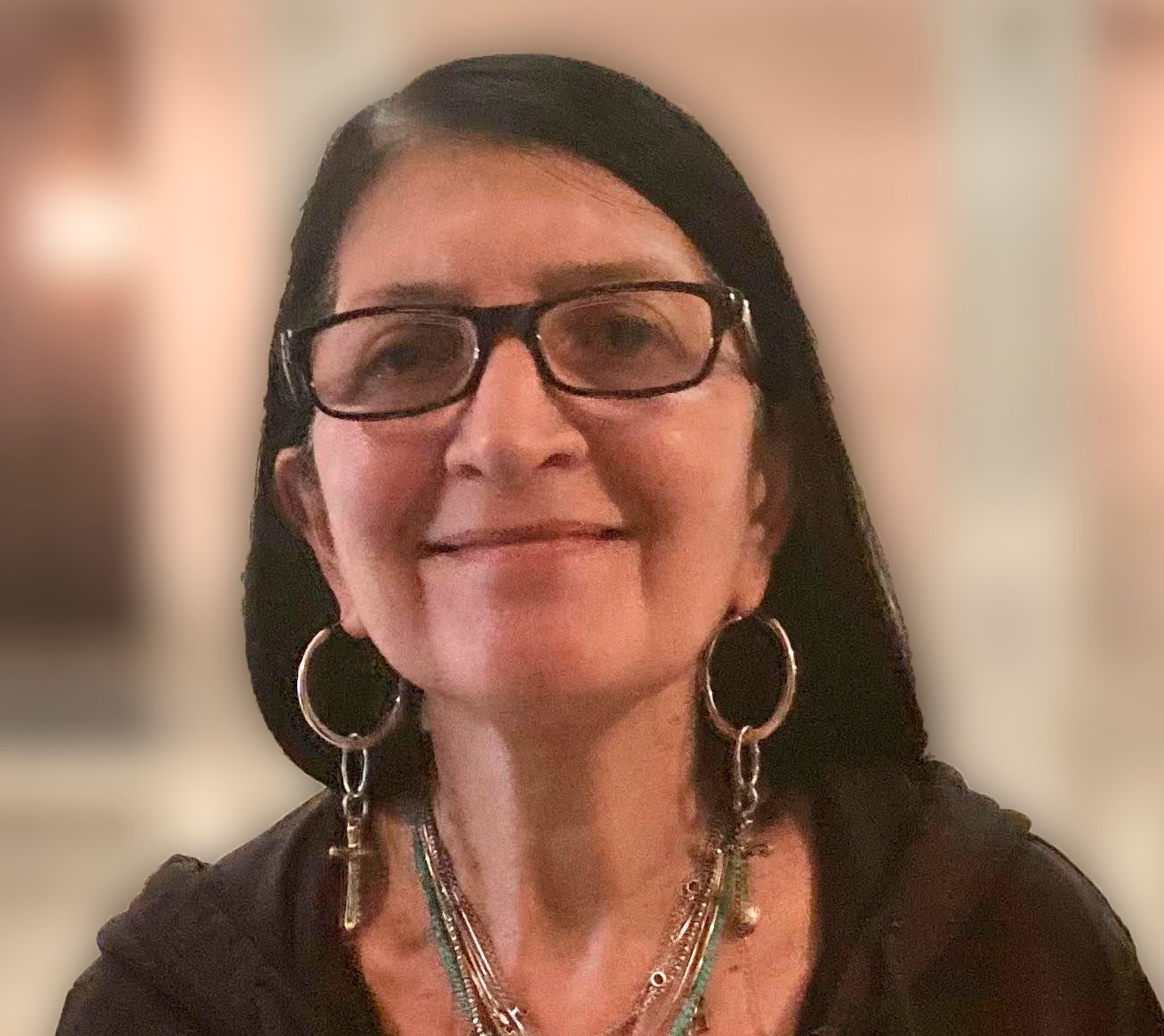
Marie-Michèle Cron

Philippe Gendreau
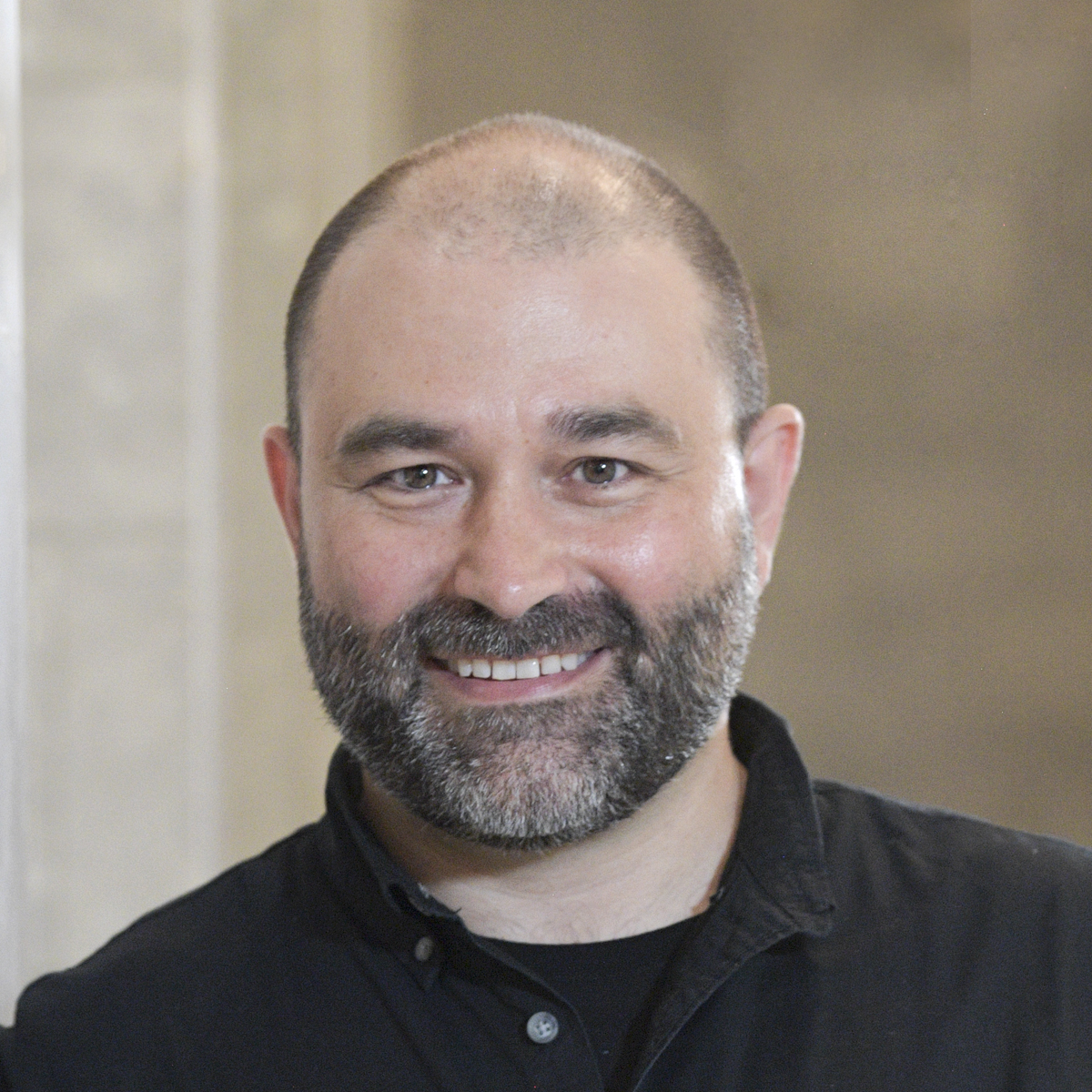
Dominic Simoneau
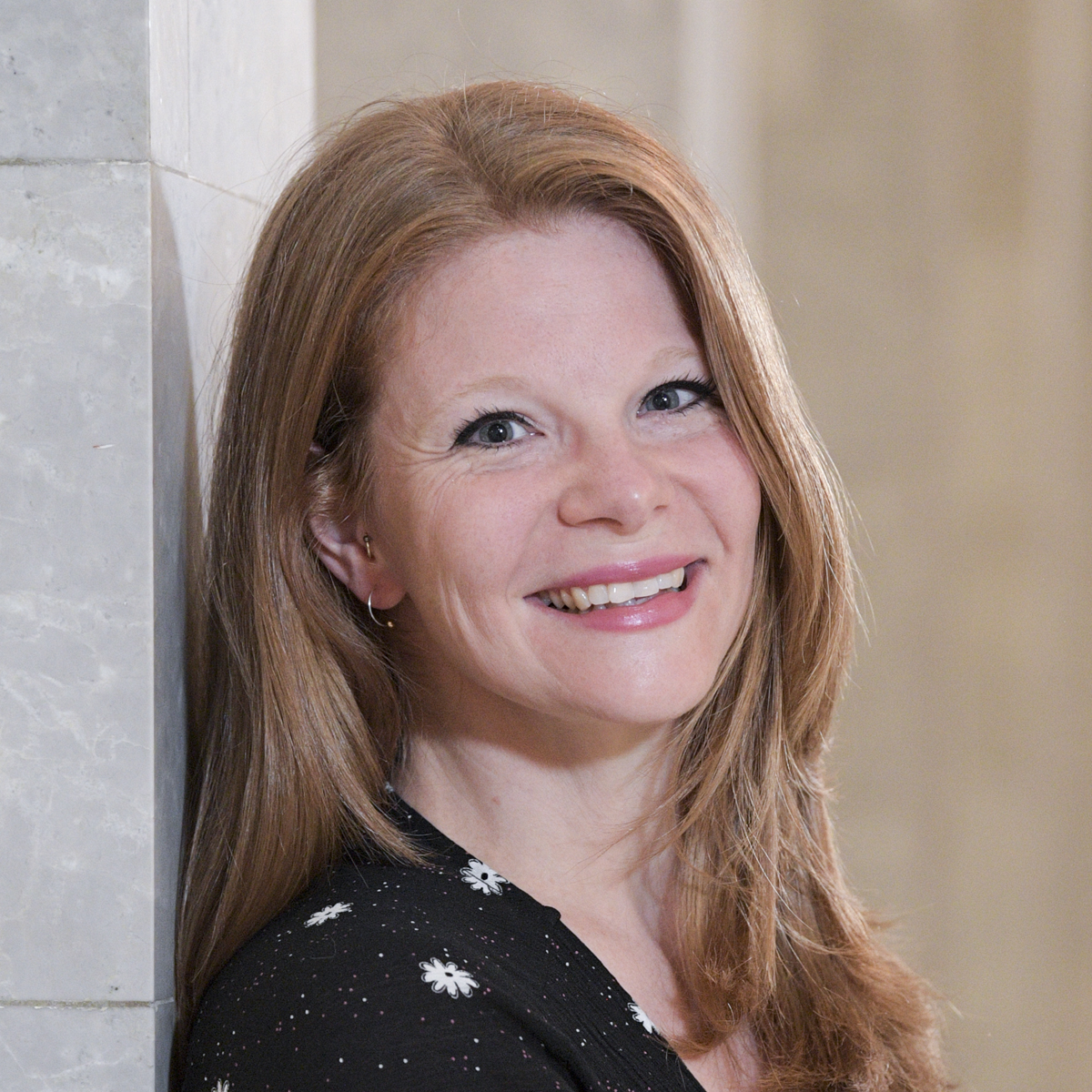
Roxanne Robillard
514 280-3389
roxanne.robillard@montreal.caBring the arts to life
All newsNews categories
